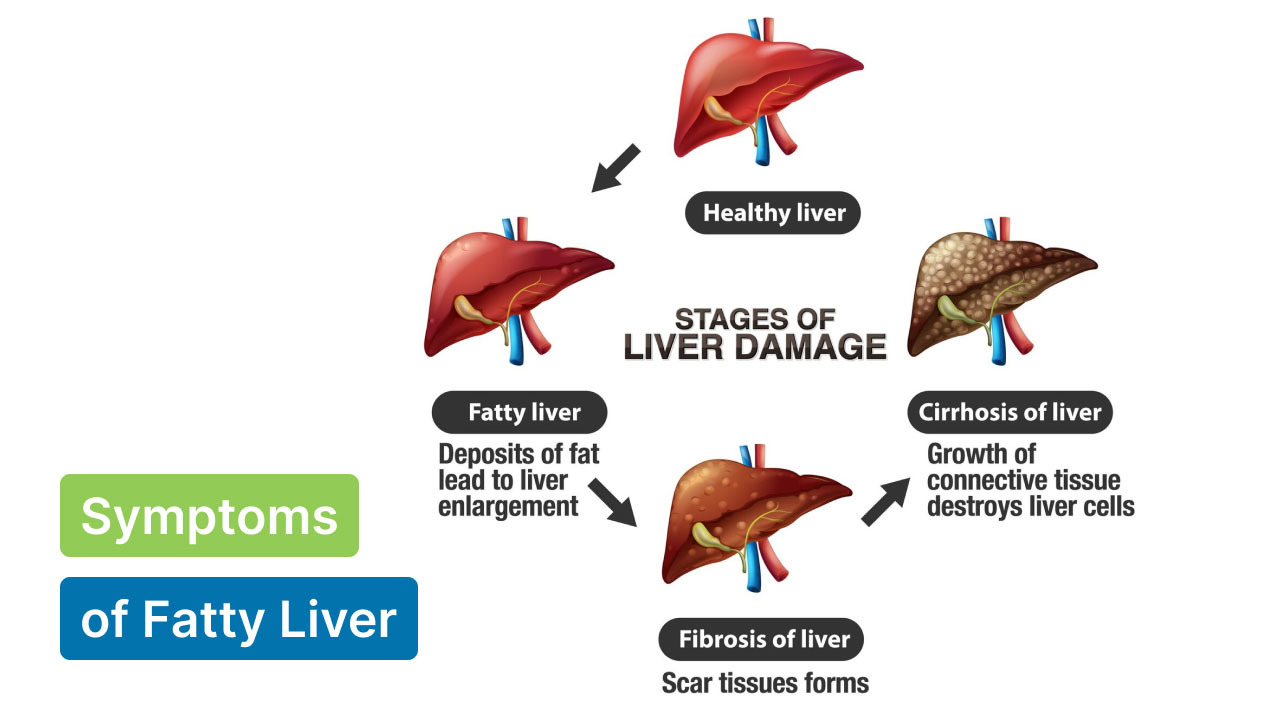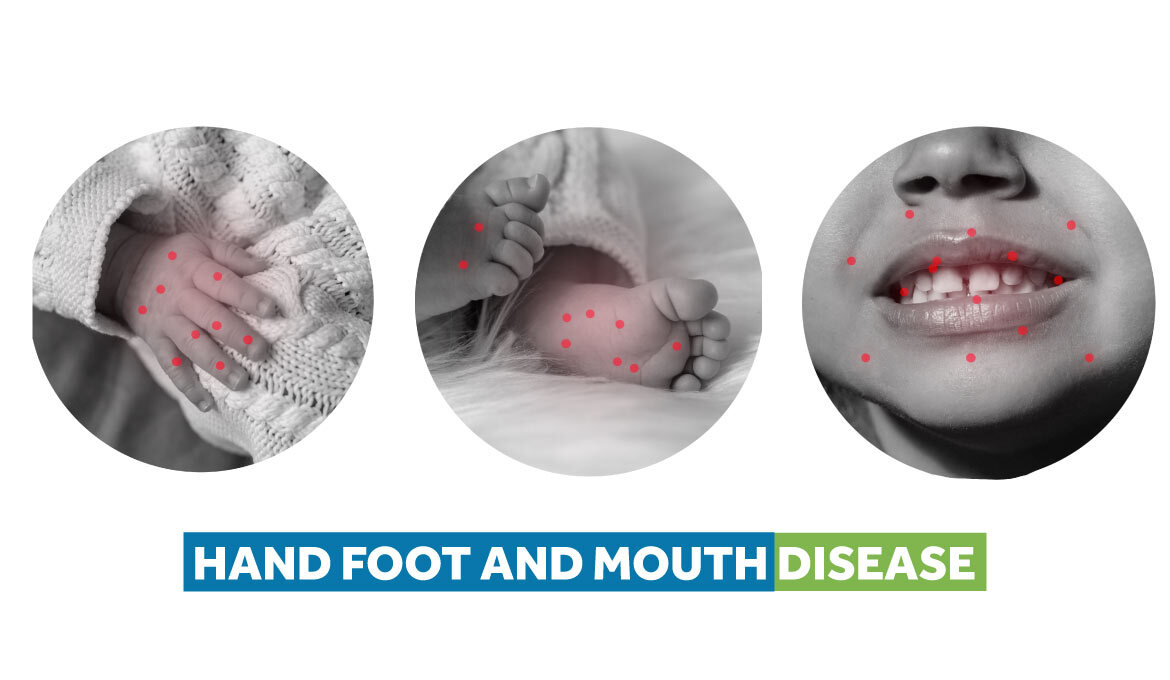
We all know adulting can be tough. Paying bills, taking care of kids, wandering around workplaces, having a committed relationship. It's all a tough gig.
But for some, growing up seems nearly impossible – so much so that their immaturity can affect their future and may take a toll on both their physical and mental health. This is called Peter Pan Syndrome.
A famous psychologist named Dan Kiley coined this term in his 1983 book Peter Pan Syndrome: Men Who Have Never Grown Up.
Peter Pan Syndrome is not a formal diagnosis. The term is commonly used in psychology to describe people who, despite reaching adulthood, struggle to face typical responsibilities associated with grown-up life.
It could be working in a job, making long-term decisions, and maintaining healthy relationships. But is Peter Pan Syndrome real? What are the signs of it, and how do you deal with such people?
Keep reading this blog to learn about the signs of Peter Pan Syndrome, its potential causes, how to deal with them, and many more.
What is Peter Pan Syndrome?
Peter Pan Syndrome, named after J.M. Barrie's famous figure, refers to a set of behavioral patterns and emotional qualities associated with avoiding adult responsibilities.
Peter Pan Syndrome, sometimes referred to as Peter Pan Complex, is a psychological phenomenon in which an adult exhibits behaviors associated with emotional immaturity and a refusal to accept adult responsibilities.
As Kiley mentioned in his book, people with Peter Pan Syndrome behave irresponsibly and may show narcissistic personality characteristics. This makes it difficult for them to have functional relationships with others.
He further mentioned that since they fail to accept responsibility, they blame others for their problems. Moreover, they have difficulty communicating their emotions to others.
There's another similar condition called Wendy, which is associated with women. Let's get into it.
What is Wendy Syndrome?
Every Peter Pan needs a Wendy, who is an empathetic, caretaker, and selfless person.
She always prioritizes the needs of others before her own because that's what makes her happy.
Wendy Syndrome is a concept closely linked to Peter Pan Syndrome, taking its name from the character Wendy Darling in J.M. Barrie's classic story “Peter Pan.” In the story, Wendy is described as nurturing, caregiving, and responsible, often assuming the role of a mother to Peter Pan and the lost boys.
In psychological terms, Wendy's Syndrome describes people who are in relationships with people who show Peter Pan Syndrome features.
While Peter Pan Syndrome is characterized by a refusal to accept adult responsibilities, Wendy Syndrome personifies those who happily accept the burden of caring for other men.
Signs and Symptoms of Peter Pan Syndrome
Common signs of Peter Pan disorder include behaviors one might expect from a child. When confronted, they may respond with resistance or denial, placing the blame back on others.
Individuals with Peter Pan Syndrome exhibit the following signs:
i). Being dependent on other people
Dependency on others for basic needs and decision-making is the most common sign. It's natural for them to rely on their parents, partner, or family.
They are unable to do anything that would help themselves in a meaningful way to openly separate from their families of origin. Financial dependence may also show their unwillingness to accept adult responsibilities.
ii). Trouble with long-term plans for the future
A person with Peter Pan disorder may struggle to maintain a long-term relationship. Their attachment style is anything but private, and they may be incapable of emotionally committing to another person.
This is not to say that individuals who aren't interested in a long-term relationship have this syndrome. But if the fear of taking on the responsibility of a good relationship is the reason for the breakup, then maybe.
iii). Lack of personal growth
There is a common belief that as you become older, you mature as a person. Growth may be small, but it is growth. But when you have Peter Pan syndrome, there is no need to grow: you admire living life the way you always have and don't find anything wrong with it.
iv). Avoiding conflict
A person with Peter Pan syndrome may still be emotionally immature. As a result, when it comes to conflict and confrontation, they avoid it as much as possible, sometimes fleeing into their own worlds and other times running away and locking themselves in their bedrooms.
v). Inability to handle tough situations
The average person makes more than 35,000 decisions every day. You could say it's a major part of being an adult. A person with Peter Pan syndrome can avoid this by letting someone else take the lead. This is because they often find themselves immobilized by fear of being judged negatively.
What Causes Peter Pan Syndrome?
More research is needed to better understand the exact cause behind Peter Pan Syndrome. Several reports show diverse explanations depending on the individual and their life situations. However, no matter how it begins, it can only survive as long as someone else supports it.
Some of the potential causes of a Peter Pan disorder include:
i) Permissive parenting
Permissive parenting gives children the opportunity to do whatever they want with minimal consequences. Their behaviors tend to be both personally and interpersonally frustrating.
As a result, children learn that they can get away with anything, which leads to an unrealistic mentality as they grow into adults.
ii) Overprotective/helicopter parenting
Overprotective parenting, also known as helicopter parenting, is the major cause of Peter Pan Syndrome. Certain kids are taught that the outside world is dangerous to them.
They also make you believe that the adult world is frightening and full of obstacles. As a result of not being able to mature on their own, they become too attached and highly insecure.
Parents who want to keep their children young may also avoid dealing with these grown-up thoughts with them. This may cause individuals to avoid such concepts in their own lives.
iii) Childhood trauma
Another potential factor may include childhood trauma. A man who was abused as a child will not have a joyful childhood. He may feel the urge to ‘catch up' on being a kid as he grows older. Thus, as they grow up, they prefer to live their lives as children.
iv) Anxiety
Anxiety can make it difficult for many people to successfully transition into adulthood. Anxiety and depression are common in adulthood.
Adults are generally allowed to be responsible for themselves, make life decisions, commit to successful jobs, and so forth. Failures may be regarded as personal shortcomings which are difficult to accept in the absence of proper guidance.
v) Loneliness
Choosing to be alone or feeling compelled to do so can be emotionally draining and exhausting. In such situations, some people may act like a child, desperately wanting attention and avoiding responsibilities to regain a sense of love and support.
vi) Fear of Commitment
The majority of people with Peter Pan syndrome experience fear of commitment, be it in a relationship or at work or of any decision that they feel would put them in a position from which they will be unable to escape.
Instead of taking risks, they choose not to commit as a safer option. Such challenges often flow onto lesser responsibilities, making it difficult to accept even easy tasks.
vii) Narcissism
When talking about Peter Pan syndrome, the word narcissism comes up often. However, they're totally different concepts.
It's true that certain men with this disease exhibit narcissistic tendencies. However, many people exhibit some narcissistic characteristics without satisfying the full criteria for NPD (Narcissistic Personality Disorder).
Those with narcissistic tendencies believe they are entitled to exaggerated or “royal” treatment from others. In their minds, the only thing that matters is them, and they will manipulate people at any cost to acquire what they want and believe they deserve.
viii) Mental health diagnoses
People are typically raised with the belief that they will become adults at the age of 18. If they aren't independent by then, they might internalize this and feel humiliated.
If left untreated, this type of feeling could lead to diagnosable mental health disorders such as substance abuse and addiction.
Is Peter Pan Real?
The concept of Peter Pan Syndrome has provoked debates within the psychological community and beyond.
While it is not formally recognized as a distinct mental health illness in generally accepted diagnostic manuals like the DSM-5, the phenomenon is often discussed and analyzed in the context of certain behavioral and psychological patterns.
Peter Pan Syndrome Treatment
Breaking free from the cycle of Peter Pan Syndrome requires a collective effort to challenge societal norms and encourage emotional intelligence (EI).
Since Peter Pan syndrome isn't an official diagnosis, there's no well-known or standard treatment. However, therapy or counseling may help people with Peter Pan syndrome.
Cognitive Behavioral Therapy (CBT)
Cognitive Behavioral Therapy focuses on identifying and altering detrimental thought patterns and behaviors. In the case of Peter Pan Syndrome, CBT can be useful in facing negative beliefs about adulthood, responsibility, and personal growth.
Individuals learn to replace maladaptive thinking with more constructive ones through a collaborative and goal-oriented process, promoting good behavioral changes.
How do you deal with a Peter Pan person?
If you know someone who exhibits signs of Peter Pan syndrome, there are tips you can do to support them in becoming independent.
1. Stop enabling
Enabling means when a person protects another person from the natural consequences of their behavior. It’s common among families with addiction problems, but it can also apply to other ineffective behaviors.
Besides, if you are enabling your loved one, try to set healthy expectations and boundaries. You can gradually give them more responsibility.
If they do not fulfill their commitments, avoid the urge to take over. Instead, allow them to experience the consequences of their actions. At first, they may expect you to jump in. But they will learn eventually.
2. Encourage them to seek mental therapy.
Adults who show signs of Peter Pan syndrome may be experiencing mental health conditions such as depression and anxiety. These symptoms may be contributing to their difficulties.
Therapy can help those with a Peter Pan disorder learn tools to cope with life's demands. This can, in turn, give them confidence to face adult responsibilities.
However, encouraging a loved one to get mental therapy is not that easy. Some people may be nervous or feel like they don't need it.
Make sure to avoid judging and blaming them while you communicate with them. Keep reminding them that getting help is a sign of strength and not weakness.
3. Know When to Seek Help for Yourself
If the relationship becomes detrimental to your own mental health or if efforts to encourage positive change are consistently unsuccessful, it may be necessary to reassess the relationship.
Seeking guidance from a therapist or counselor can provide clarity and support in making decisions that prioritize your own well-being.
4. Be a positive role model.
Through your own actions, express healthy adult habits and responsibilities. Set a good example by managing your responsibilities, achieving your own goals, and keeping a positive attitude.
Modeling such behaviors can encourage and drive the person with Peter Pan Syndrome to make positive changes.
5. Set clear communication
Open and honest communication is important when dealing with a person with Peter Pan Syndrome. In a calm and non-confrontational tone, express your worries, feelings, and expectations.
Make the conversation mutually beneficial, allowing them to express their thoughts and feelings.
Final Thoughts
As we saw, Peter Pan syndrome is not an official diagnosis. It's more like a pattern of behaviors and traits. It is a well-known psychological term that is characterized by an unwillingness to grow up and take on adult responsibilities.
If a person consistently finds this challenging and exhaustive, they may consult a psychologist, therapist, or mental health professional. A therapist can help you navigate these areas of your life, improve your self-understanding, and help build your confidence.
FAQs
1. What causes Peter Pan Syndrome in Men?
Ans: Men are most likely to experience Peter Pan syndrome. This is caused by poor relationships in childhood, unstable upbringing, and traumatic experiences.
2. What is Peter Pan Syndrome caused by?
Ans: Psychologists do not know what exactly causes Peter Pan syndrome. However, some experts believe that having overprotective parents and an abusive childhood may be the major cause behind it.
3. How do I know if I have Peter Pan syndrome?
Ans: If you are having difficulty with responsibilities, losing interest in work, career, and people, or have a fear of loneliness, it's a sign you have developed Peter Pan syndrome.
4. What is the female version of Peter Pan syndrome?
Ans: The female version of Peter Pan syndrome is known as the Cinderella complex. It is based on the assumption of remaining a child instead of growing and becoming a mature adult.
5. What are the symptoms of Peter Pan syndrome?
Ans: Some of the obvious symptoms of Peter Pan syndrome include fear of loneliness, avoiding responsibilities, lack of interest in career or future, and changing partners for relationships, among others.
6. Does Peter Pan syndrome go away?
Ans: Peter Pan syndrome is not a recognized diagnosis. Hence, there is no standard cure or treatment for it. The only way to treat a person with this syndrome is by seeking therapy or counseling. They will help you deal with life challenges and make you confident.
7. Is Peter Pan a mental illness?
Ans: No. Peter Pan syndrome is not a mental illness since it's not a recognized mental condition. It's just a behavioral condition where an adult has difficulty growing up, which may impact his quality of life.
Read Also:






























